Accounting in Context: Reflection on Sustainability Reporting Analysis
VerifiedAdded on 2022/11/25
|6
|805
|237
Report
AI Summary
This report reflects on the concept of sustainability reporting within an accounting context. It explores the definition and importance of corporate sustainability, emphasizing the responsibility of enterprises for their societal impact. The report delves into the benefits of sustainability reporting, including material advantages, stakeholder engagement, regulatory compliance, and efficient governance. It examines the application of stakeholder and legitimacy theories in explaining corporate social responsibility and environmental disclosures. The reflection highlights the significance of corporate sustainability reports for organizations to effectively communicate their environmental, economic, governance, and social performance. It also emphasizes the importance of transparency and ethical considerations in maintaining business processes and achieving positive societal impacts, including the need for companies to disclose their corporate sustainability reports properly. The report concludes that every organization should maintain corporate sustainability reports efficiently.
1 out of 6
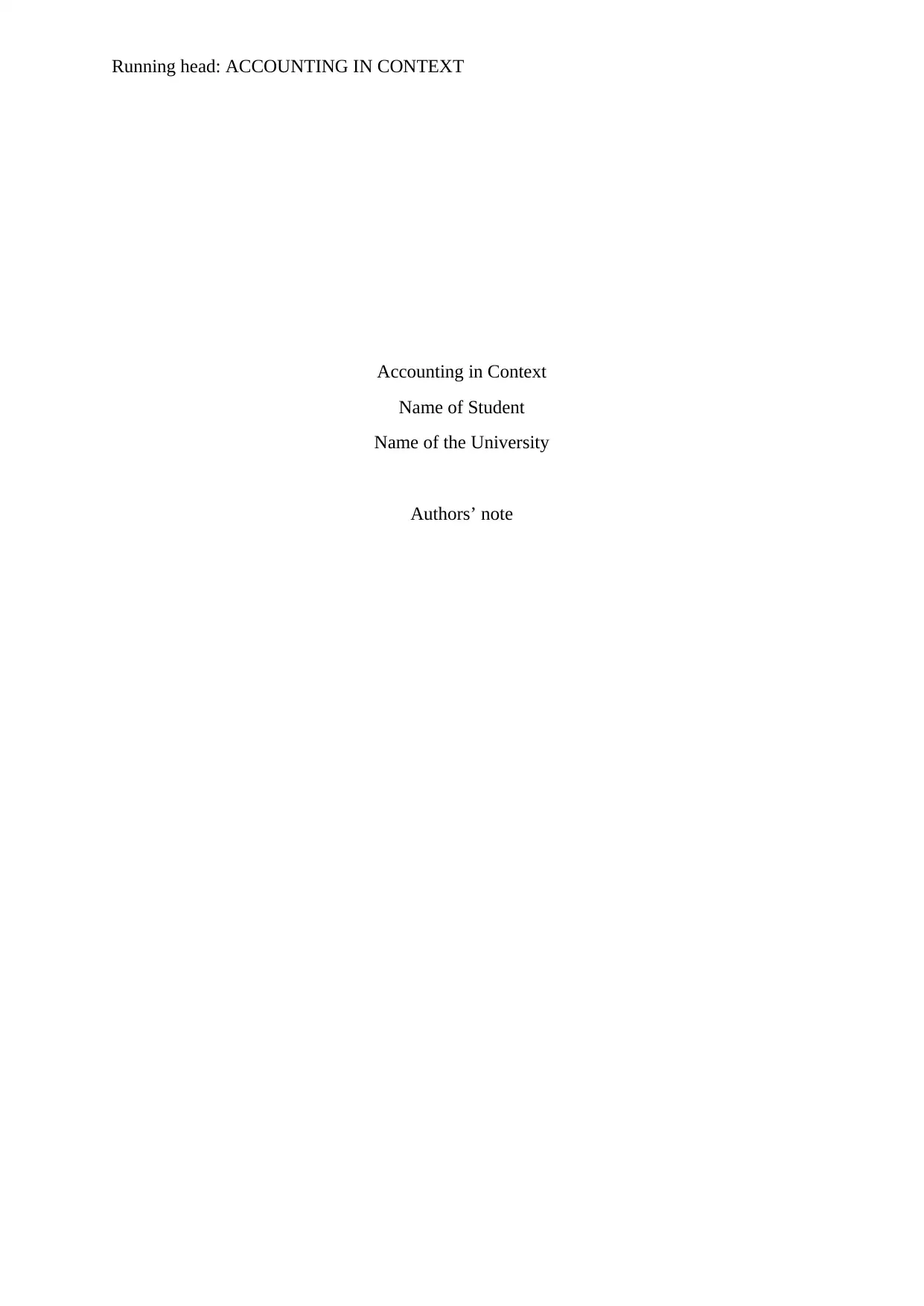
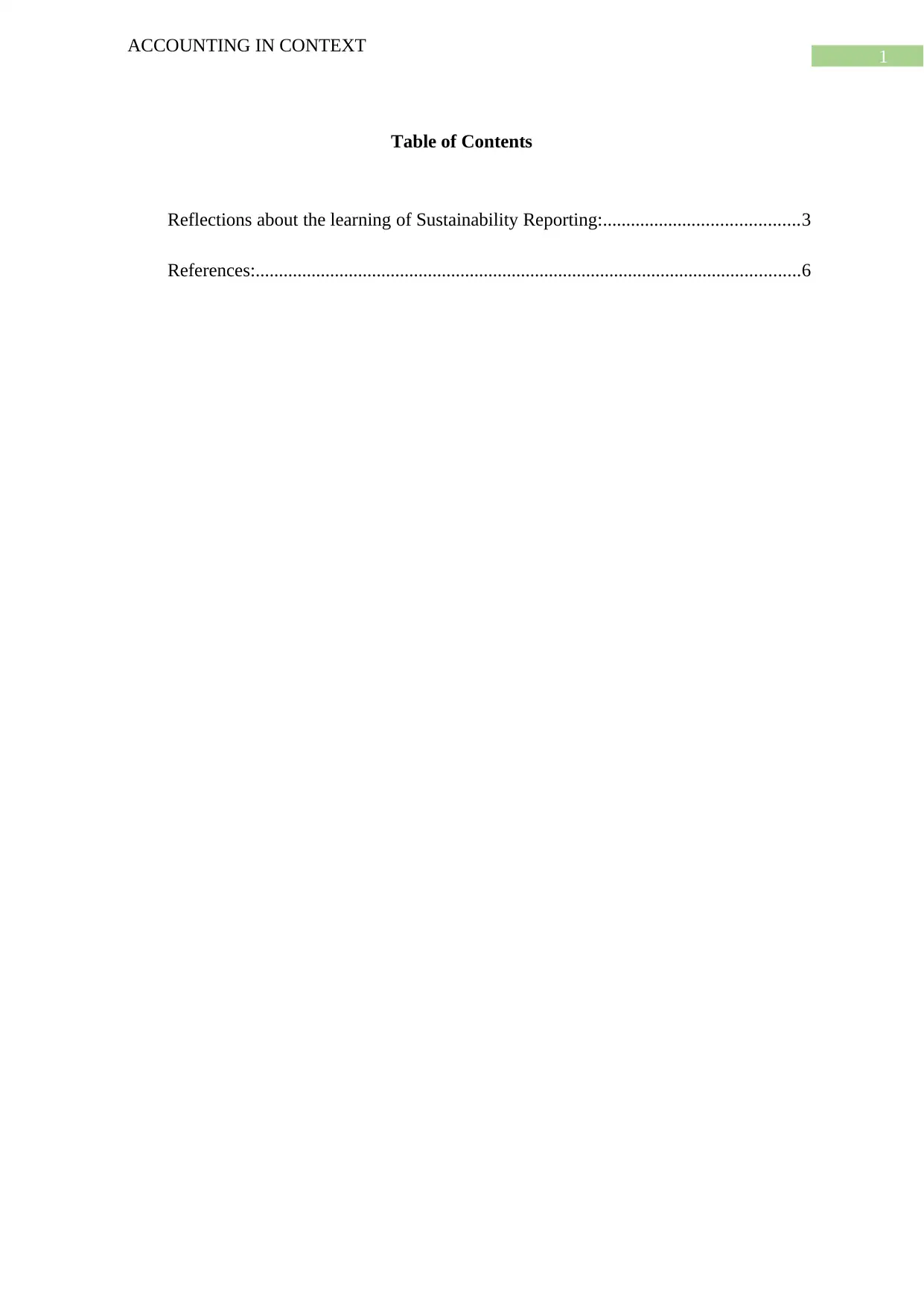
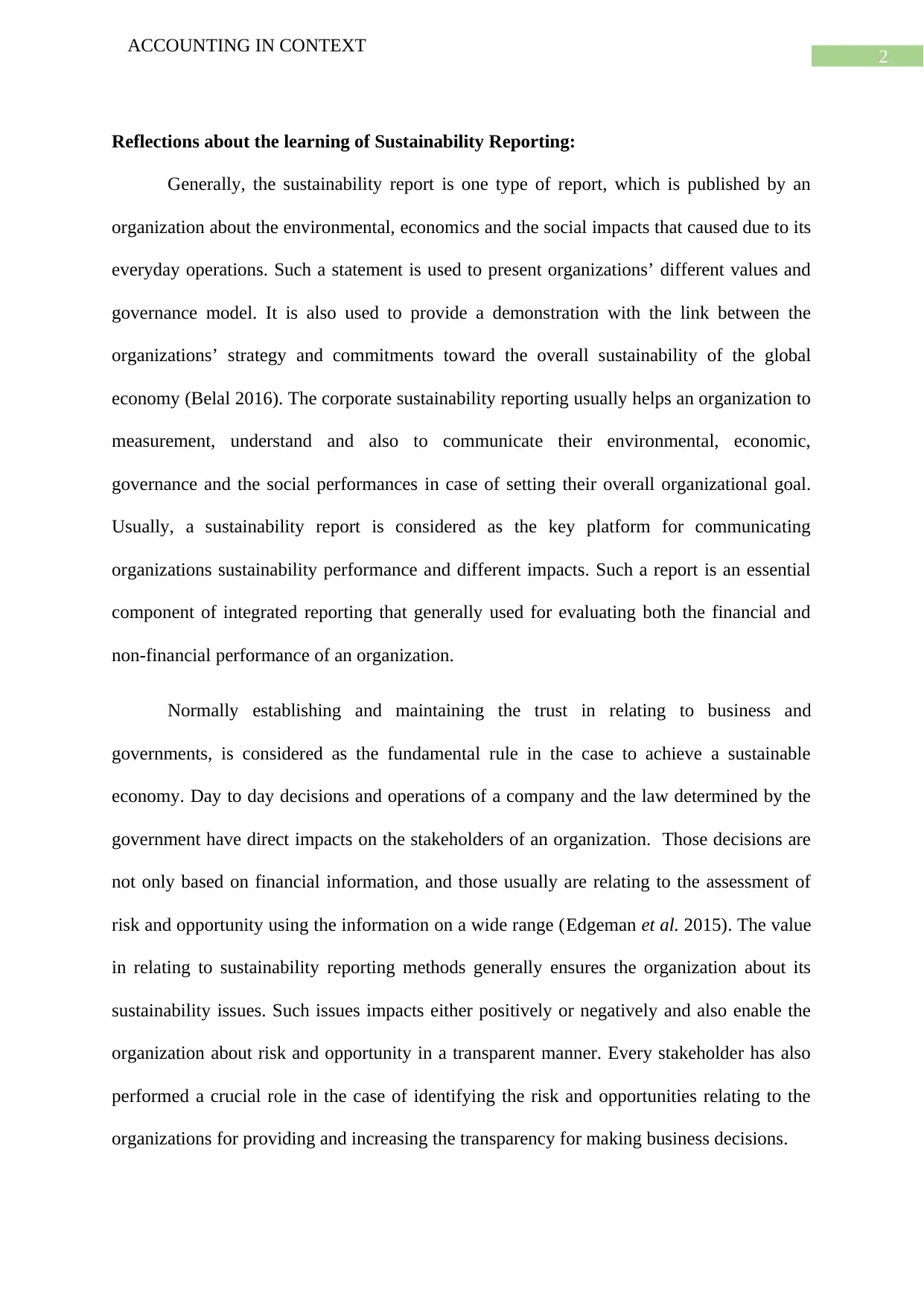

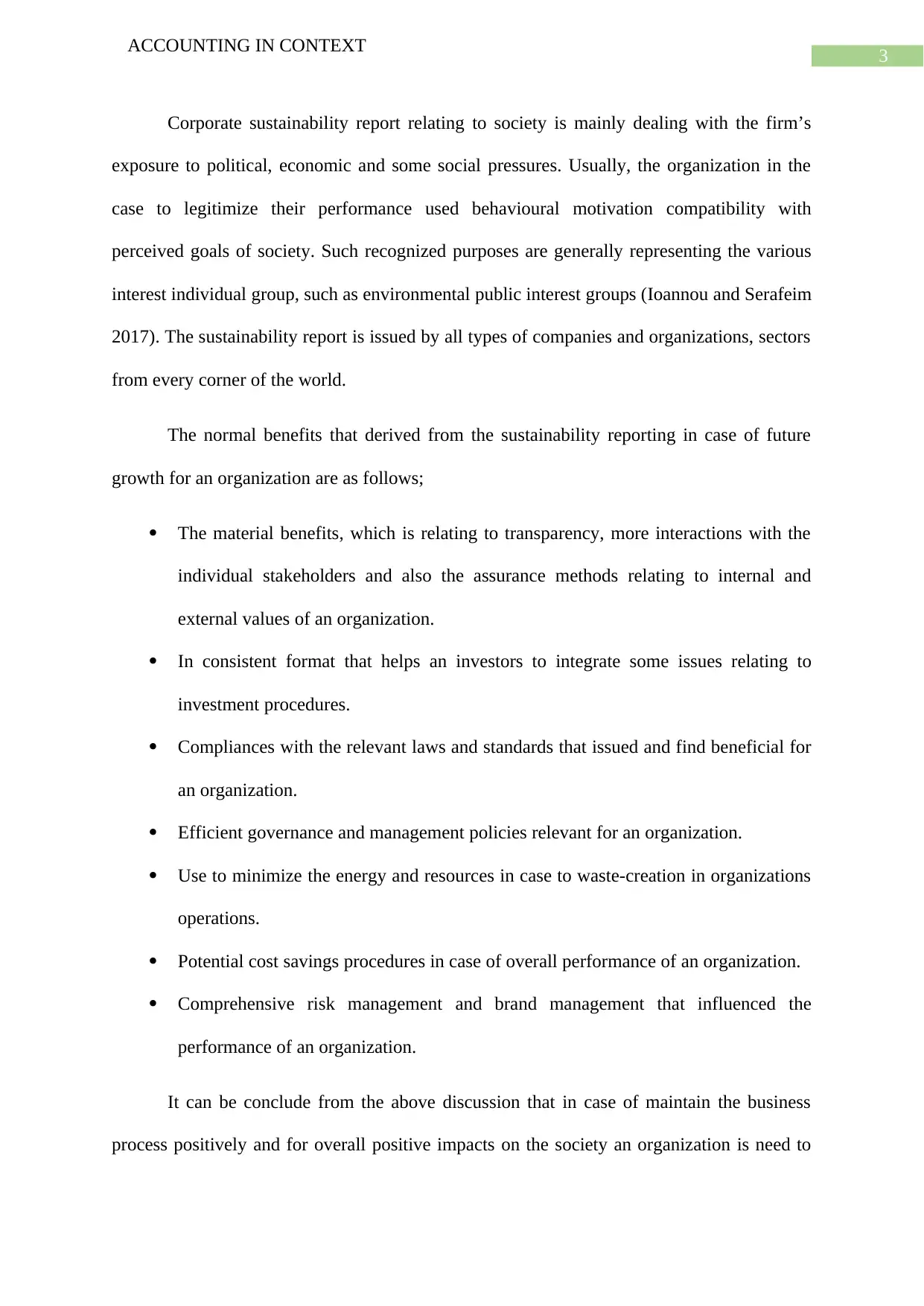
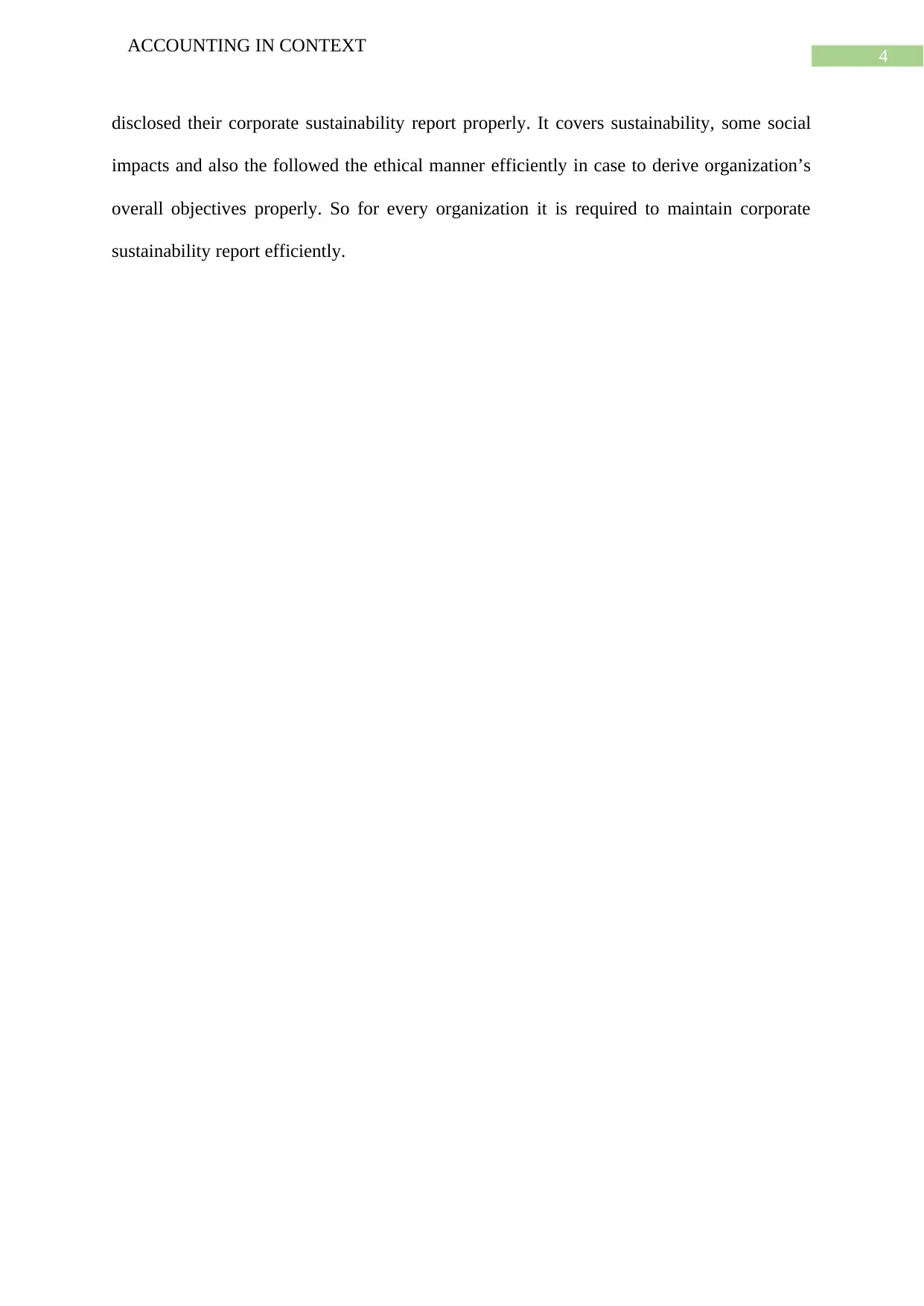
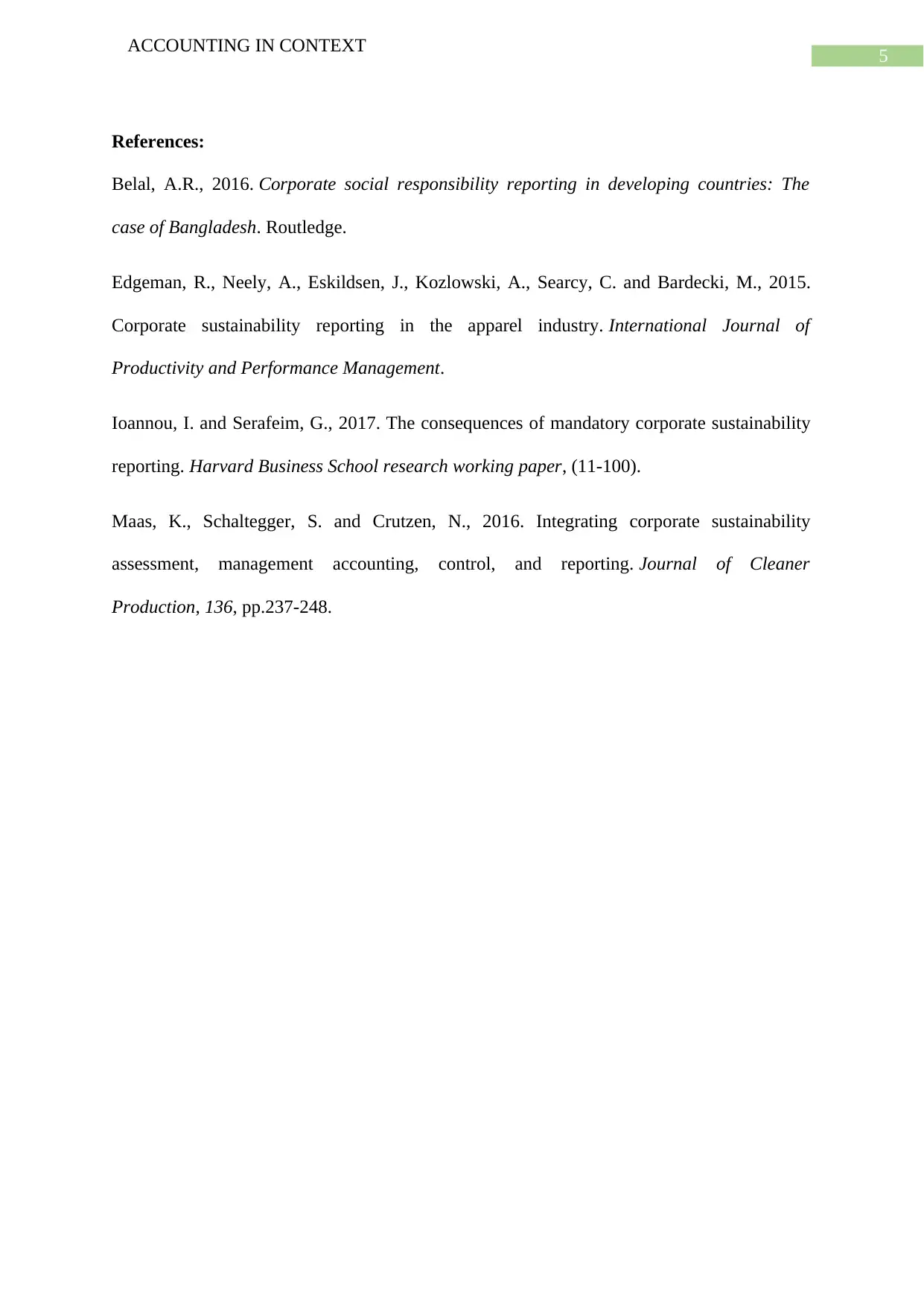






![[object Object]](/_next/static/media/star-bottom.7253800d.svg)